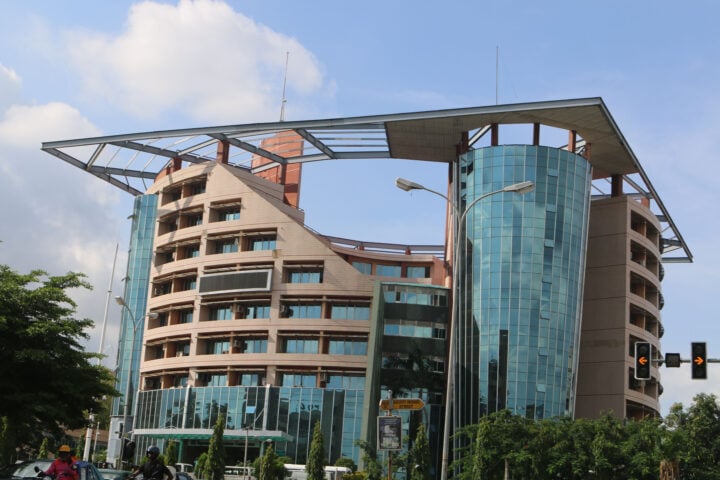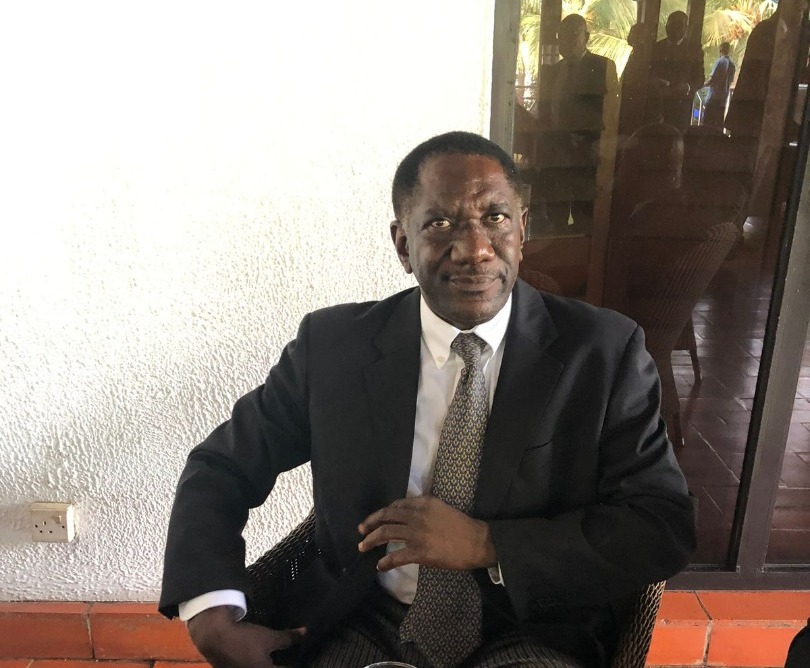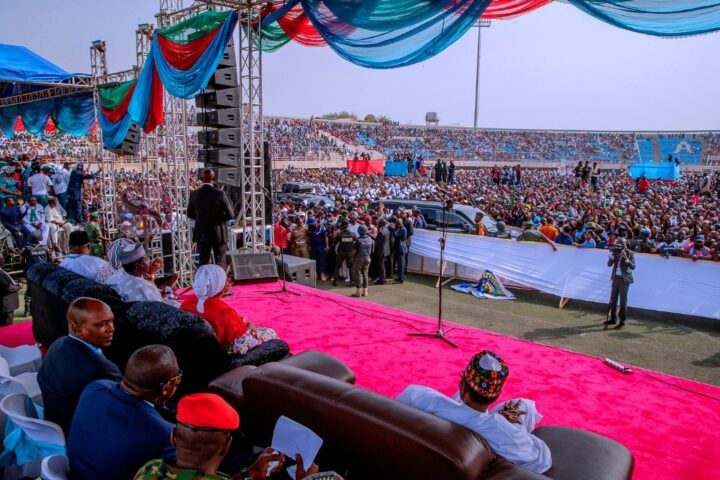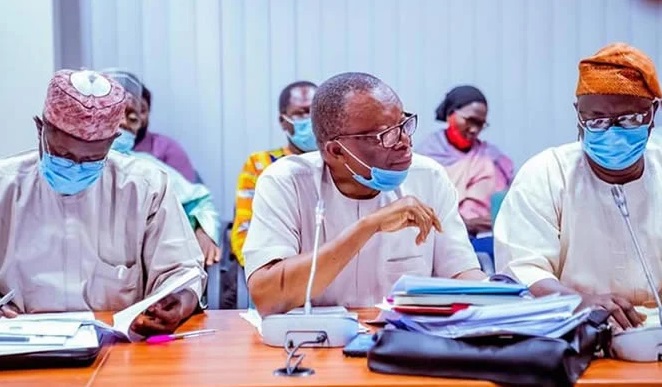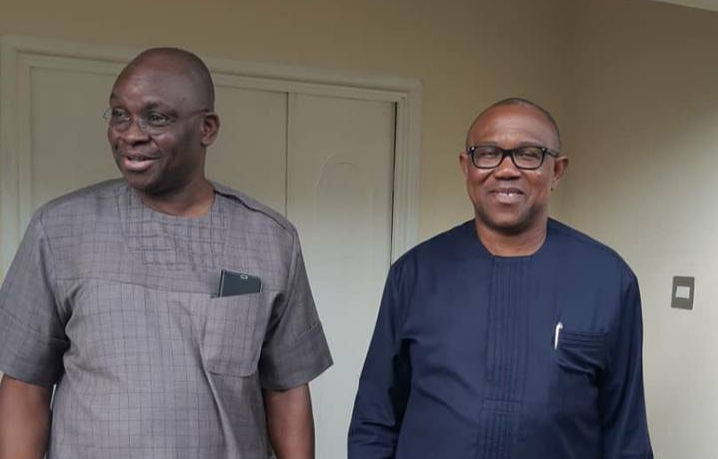It can be a puzzle sometimes how a seemingly good deed can generate so much controversy and even have a day in the court. It is even more puzzling when such a deed is anchored on the law setting up an organisation with a view to helping an industry and its operators.
I had thought that the recently inaugurated International Termination Rates (ITR) by the Nigerian Communications Commission (NCC), the regulator of the telecommunications industry, was such a cute idea and had the potential of releasing more financial oxygen into a market that was getting inebriated with misfortunes.
Oh, no pretences. Our market has not been very exemplary. The huge population that remains our unique selling point (USP) on the continent is getting increasingly poorer with frustration written boldly on the faces of those who walk on the streets like apparitions. People are losing their esteem and heading towards the edge. The auguries are not the best at the moment, and have not been for a long time.
Yet I look at the position of the law apropos the action of the NCC and I tell myself, what a smart move! Really the regulator needs to leverage on the power of the law and be able to genuinely grow the sector without further mishandling, which is why industry observers and some operators are very unhappy with the amount of latitude given the Minister of Communications and Digital Economy to gyrate in the regulatory process like a drunken elephant.
Advertisement
The NCC does not fix prices for products and services for the telecom operators. Instead the regulator makes determination which sets price floors after some painstaking research work and industry and other stakeholders engagements. From experience I can state without equivocations that NCC has never unilaterally carried out any such delicate and all-important action without engaging the relevant communities. Any industry without such checks is heading for the rocks. I won’t point to the power and the road sectors!
Let me tell a little story here. Nearly two decades ago, I was in South Africa attending a programme in Cape Town, when some good news came from home. In the cool of the evening, I needed to spend some time with my family on phone. A young man I had always known took me to the water fronts, to what looked like a well-made up business centre and called Australia to give him Nigeria! I spent time on that call and the entire charge was less than five South African Rands which at the time was less than one US dollar. Much later I would realise that the call was simply dumped on a Nigerian operator without the operator benefitting from it. Such practice is prevalent in any industry without control or proper regulation.
Until the coming of Dr Isa Ali Pantami to the Ministry of Communications and Digital Economy, some of us had thought that the Nigerian Communications Act of 2003, was nearly cast in stone to give us a telecommunications industry that would attract the participation and envy of the world. That was achieved. It is in following that tradition that the regulator made a new Determination for ITR which took effect on January 1, 2022.
Advertisement
The Commission provided a legal basis for its actions as follows:
The Commission’s functions and duties are set out in the Nigerian Communications Act 2003 (the “Act”). Section 4 of the Act lists the Commission’s functions, to include the facilitation of investments in and entry into the Nigerian market for the provision and supply of communications services, equipment and facilities (section 4(a)); the protection and promotion of the interests of consumers against unfair practices, including but not limited to matters relating to tariffs and charges; and availability and quality of communications services, equipment and facilities (section 4(b)); and the promotion of fair competition in the communications industry; protection of communications services and facilities providers from the misuse of market power, or anticompetitive and unfair practices by other service, or facilities providers (section 4(d)). 6. The Commission has general responsibilities for the economic and technical regulation of the communications industry (section 4(w)).
In furtherance of its functions, the Commission procured the services of Messrs Payday Advance Services Limited, to carry out a study while intimating the industry of its various actions in the entire process before arriving on the following Determination:
- a) The International Termination Rate for voice services paid by overseas
carriers for terminating international calls on local networks in Nigeria
Advertisement
shall be 0.045 United States Dollars (USD- US$)
- b) The 0.045 US$ is the floor price for ITR services.
- c) The ITR will be paid in US$ and so operators will receive an increasing
rate in Naira terms should devaluation continue.
- d) ITR rate (US$) only pertains to the cost of bringing traffic into Nigeria.
Operators will continue to pay the regulated MTR.
- e) The ITR of 0.045 US$ is the floor which is the minimum that can be
charged. Operators will be free to negotiate a rate above the floor rate and is dependent on commercial negotiations between the operators and international carriers/partners.
Advertisement
Riding on the whims of a lay man, I had thought this would help animate the Nigerian operators who would have to receive Dollars for their services even as they settle the international operators with Dollars, especially as the Nigerian currency seems to be failing and has little capacity to protect those who depend on it for international transactions. Sometimes some grains of sand find their way into a good meal!
Observe that the Determination opens a window of negotiations between operators. While the Mobile Network Operators (MNOs) fixed $0.053 for international operators, the Nigerian International Data Access(IDA) operators would have to cough out $0.062 per minute for the same services. Really most of the IDAs are struggling to find a foothold in the industry and would be considered justified to reason that the MNOs want to wipe them out. They raised a red flag.
Advertisement
I have the information that the NCC has made some conciliatory moves by way of making all the relevant stakeholders understand it’s template of action. That seems to be the best way to go instead of throwing the industry into a fight that may further weaken the sector and add to the confusion that seems to be the forte of the present administration.
Having said that, I want to observe that what may have come into play in the process of negotiations between the MNOs and the international operators on one hand, and the MNOs and the IDAs on the other, is the volume of business transactions which may weigh more in favour of the international operators who radiate traffic all over the world. Even then where is the little aphorism of “be your brother’s keeper?” Without waiting for an answer I am pushed to reason that the industry will be richer and better served if the MNOs will find a way to accommodate other players without pressing for niche returns on every transaction. It makes more sense to build a much bigger industry that will have a place and profit for all on the long run.
Advertisement
Views expressed by contributors are strictly personal and not of TheCable.
Add a comment

